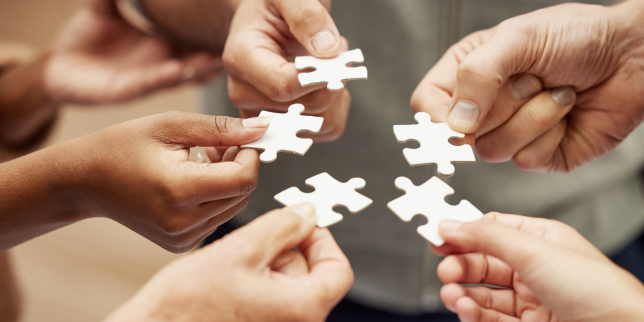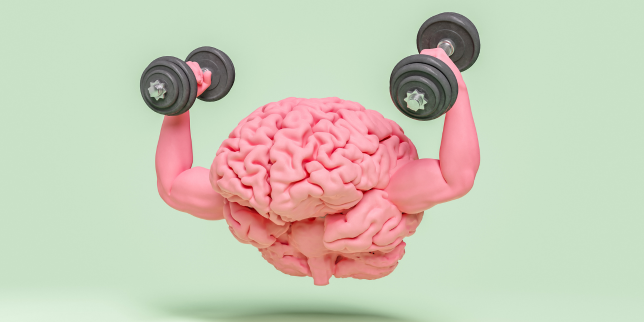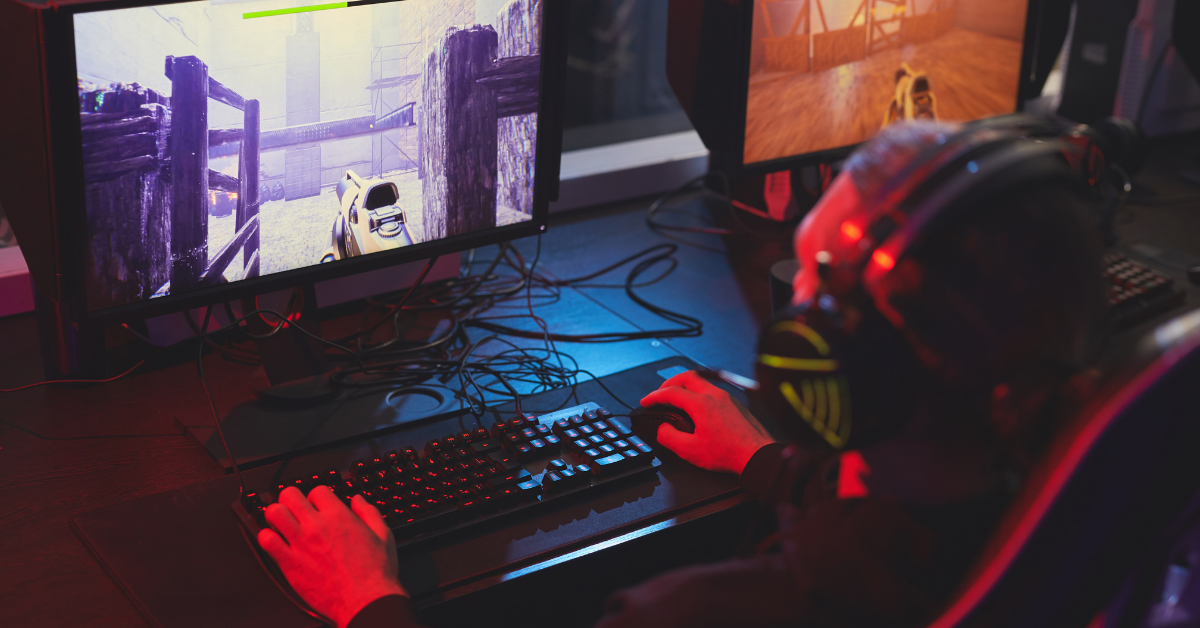Do you know how playing video games and board games can help improve your life skills? That’s right – by playing these games, you can sharpen your mind, develop better problem-solving ability, increase collaboration & teambuilding opportunities, and gain more creative insights.
It may sound too good to be true but it doesn’t have to be! In fact, over the last few decades, a large number of studies have found that gaming improves our abilities in all areas. So what exactly are those skills we could benefit from if we were to start playing more video or board games? Read on for 4 ways how playing games boost your life skills!
1. Increase problem-solving skills

When it comes to problem-solving, traditional methods might not always be effective. Sometimes, you have to think outside of the box to come up with solutions that work. That’s why games can be such a valuable tool. Not only are they fun and engaging, but they also require players to use their critical thinking and logic skills to come up with solutions.
Whether you’re playing a puzzle game or a strategy game, you’ll need to think creatively to overcome challenges and succeed. With games, you can improve your problem-solving skills in a way that feels enjoyable and rewarding. So, the next time you’re facing a difficult problem, try approaching it like a game and see if you can come up with a solution that works.
2. Enhance memory power

Have you ever experienced the awkward moment of forgetting someone’s name or an important date? It can be frustrating and embarrassing. Fortunately, there are fun ways to enhance your memory power – playing memory games.
Memory games have been scientifically proven to enhance your recall abilities, which can be useful in many situations, such as studying for exams, remembering names and dates, and even preventing age-related memory decline.
These games can be enjoyed alone or with friends and family, and they come in various forms, from traditional card games to digital puzzles and apps.
There are also many card and board games available that require players to memorize rules, strategies, and facts. If this is your hobby, not only can you find card sleeves for different card sizes online, but you can also find accessories to make the game experience more comfortable and enjoyable. Plus, you get to sharpen your memory skills while having a great time!
3. Sharpen decision-making skills

We all make decisions every day, from what to eat for breakfast to which job offer to accept. But have you ever stopped to think about how to improve your decision-making skills? Action games might not be the first thing that comes to mind, but they are a surprisingly effective way to sharpen your quick, reflexive decision-making abilities.
By training your brain to react quickly and make smart choices under pressure, playing action games can translate to real-life decision-making situations. Whether you’re choosing between two car insurance plans or strategizing for a big project at work, honing your skills in the digital world can make a big difference in the real one.
Also, playing action games can help you become more open to taking risks and trying new things. After all, there’s no real risk in the virtual world – so it’s an ideal place to practice acting on impulse and seeing where it takes you.
4. Strengthen hand-eye coordination

Playing games is not just about entertainment, it can also help you improve your hand-eye coordination. When we engage in activities that require us to coordinate our movements with our eyes, we improve our ability to tackle difficult tasks. This is because good hand-eye coordination allows us to react quickly and accurately, making it easier to perform various actions.
So the next time you want to improve your skills in areas such as sports or music, consider spending some time playing games that require precise hand-eye coordination. You might be surprised at how much it can help you in your day-to-day life.
5. Boost empathy and social skills

Many video games and board games today offer complex narratives and immersive storylines. By playing these games, you can put yourself in the shoes of different characters, experiencing their struggles, triumphs, and emotions. This ability to empathize with virtual characters can extend to real-life situations, enhancing your empathy and understanding of others’ feelings and perspectives.
In addition to empathy, playing games can also improve your social skills. Multiplayer games, in particular, provide an excellent platform for collaboration, communication, and teamwork. Whether you’re playing as part of a team or against other players, you’ll learn to work together, strategize, and communicate effectively to achieve common goals. These skills can carry over into your personal and professional life, making you a more effective collaborator and team player.
Gaming often presents players with various challenges and obstacles that they must overcome to progress in the game. Failure is a natural part of the gaming experience, but it also provides an opportunity to learn, adapt, and try again. As players face setbacks and defeats, they develop resilience and the ability to bounce back from disappointment, honing their determination to succeed.
6. Boost creativity and innovation

Games often take players to imaginative worlds filled with unique challenges and possibilities. Engaging with these virtual worlds can stimulate your creativity and imagination. You might find yourself thinking outside the box, coming up with innovative solutions to in-game problems, or designing your strategies and approaches.
Furthermore, many modern games offer level editors and creative modes that allow players to build and share their content. This fosters a sense of creativity and encourages players to experiment with designing their own game levels, characters, and stories. These creative outlets can spill over into other aspects of your life, inspiring you to approach real-world challenges with a more imaginative and innovative mindset.
Takeaway
To sum up, playing games can be an essential part of improving our life skills. There are a variety of different types of games with many unique benefits. By increasing problem-solving, memory, and decision-making skills, as well as strengthening hand-eye coordination and developing social skills, we can all become better equipped to handle daily tasks with more ease.
Games also help us improve our concentration which is essential for achieving success in our everyday lives. Therefore, taking the time out to engage with games can undeniably be very beneficial to overall well-being in the long run.







